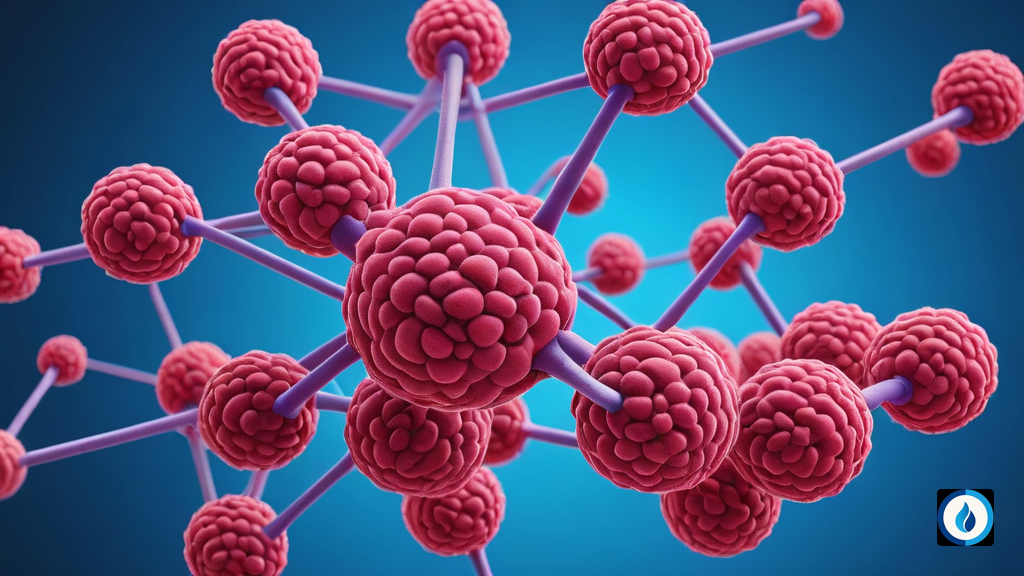Exploring the Synergistic Power of Whey Protein and Anticancer Drugs
In a groundbreaking study, the impact of a patented whey protein isolate known as Immunocal on the cytotoxicity of an anticancer drug has been unraveled. The experiment involved the human hepatoma cell line Hep G2, which was subjected to different growth media over a four-day period to assess cell growth and apoptosis.
Revelation of Cellular Responses
The results were striking. Cells cultured in a combination of baicalein (the potential anticancer drug) and Immunocal exhibited a significantly lower survival rate compared to those grown in baicalein alone. Moreover, the combination induced a higher level of apoptosis, evident through phosphatidylserine exposure and mitochondrial transmembrane potential alteration.
A Glimpse into Cellular Mechanisms
Immunocal’s impact on glutathione (GSH) levels within the Hep G2 cells was noteworthy. It led to a 20-40% reduction in GSH and regulated its elevation triggered by baicalein. The study points towards Immunocal’s potential role as an adjuvant in cancer therapy, shedding light on its ability to enhance baicalein’s cytotoxic effects by promoting apoptosis.
Future Implications and Research Potential
This pioneering research paves the way for further exploration of Immunocal’s synergistic effects with anticancer agents. The findings highlight a promising avenue for improving cancer treatment strategies through the strategic use of whey protein isolates. As the first study to demonstrate Immunocal’s enhancement of cytotoxicity in vitro, this work opens new doors for innovative cancer treatment approaches.
